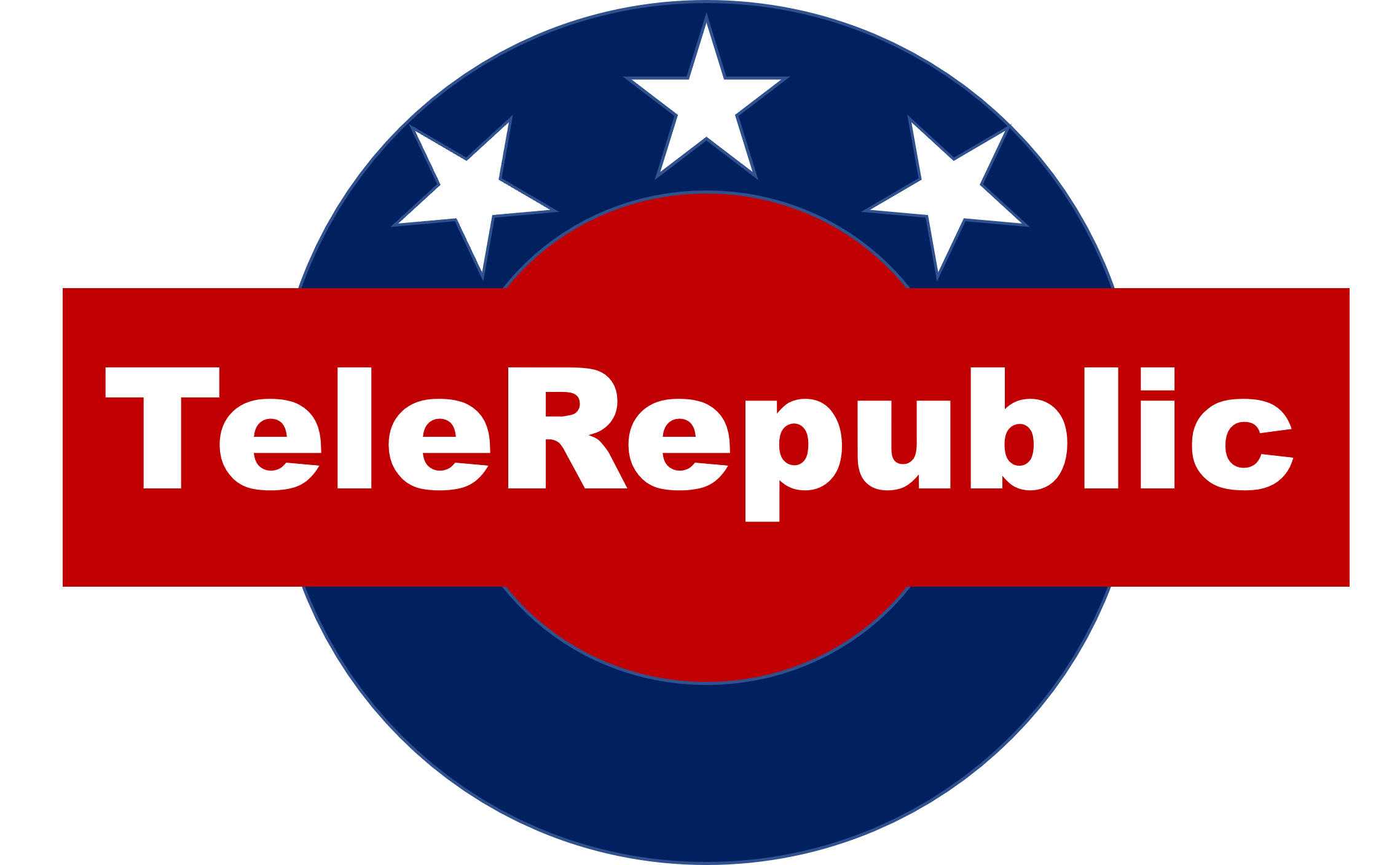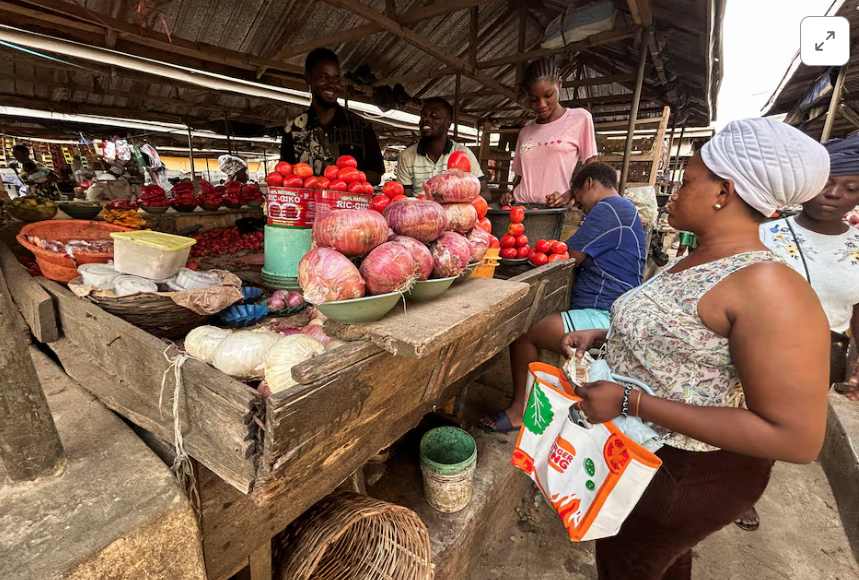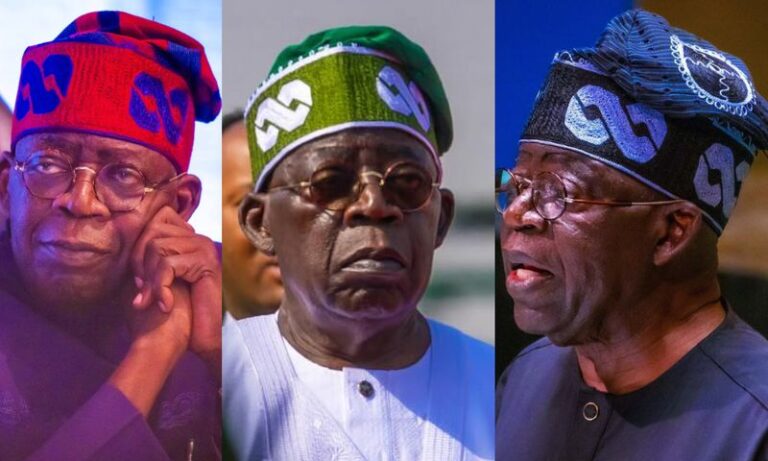“`html
Nigeria’s Inflation Crisis: Tinubu’s Administration Neglecting Critical Management
The Nigerian economy is at a crossroads, teetering on the edge of an abyss. Recent data from the National Bureau of Statistics (NBS), as reported by Reuters, reveals that inflation in Nigeria surged beyond 34% in June, marking its highest level in 28 years. This record-setting inflation rate is a haunting reminder of the Tinubu administration’s gross failure to manage the nation’s economic landscape effectively.
Devastating Economic Ramifications
First and foremost, the economic ramifications are devastating. When inflation increases, especially at such an alarming rate, it erodes the purchasing power of the naira, Nigeria’s beleaguered currency. Consequently, Nigerians are paying more for goods and services that were already unaffordable for many. This purchasing power crisis intensifies poverty and inequality, rendering essential commodities out of reach for average citizens.
Fiscal Mismanagement
The breakdown in economic stability directly correlates with the administration’s failure to implement stringent fiscal policies, control public spending, and stabilize the exchange rate. The Tinubu administration has displayed an alarming lack of foresight and fiscal discipline, allowing public expenditure to balloon uncontrollably. This reckless spending, coupled with the failure to diversify the economy beyond oil dependency, has set Nigeria on a perilous path.
The following key areas have been particularly concerning:
- Uncontrolled Government Spending: Excessive government spending, without corresponding revenue generation, has significantly contributed to the inflationary pressures.
- Lack of Diversification: Over-reliance on oil revenues has left the economy vulnerable to global oil price shocks.
- Ineffective Monetary Policy: The Central Bank of Nigeria has struggled to implement effective monetary policies that curb inflation and stabilize the currency.
Escalating Poverty and Inequality
With the naira’s depreciating purchasing power, the cost of living has skyrocketed. Essential commodities such as food, transportation, and medications are becoming increasingly out of reach for the average Nigerian. Poverty levels have surged, and the inequality gap is widening, with the rich getting richer and the poor getting poorer. This economic disparity is a direct reflection of the administration’s failure to enact policies that promote equitable growth.
Profound Social Impact
The social impact of runaway inflation cannot be overstated. As prices rise unabatedly, the most vulnerable segments of society—low-income families, the elderly, and the unemployed—are the hardest hit. The Tinubu administration’s lack of effective social safety nets and programs to counteract these economic shocks demonstrates an alarming disregard for the welfare of its citizens.
Stretched Social Fabric
The social fabric of Nigeria is being stretched to its limits, exacerbating issues such as malnutrition, inadequate healthcare, and educational disparities. Educational institutions struggle with funding, leading to a decline in the quality of education, while healthcare facilities are overwhelmed and under-resourced. The administration has failed to put in place initiatives to support those most affected by the economic downturn.
Human and Social Consequences
On the human level, the consequences are even more alarming. High inflation rates often lead to increased crime rates as individuals become desperate to provide for their families. The strain on mental health is equally severe, with a growing number of Nigerians experiencing anxiety and depression stemming from financial insecurity.
The humanitarian crises are manifesting in various ways:
- Increased Crime Rates: With dwindling economic opportunities, crime becomes a last resort for many.
- Mental Health Crisis: Financial insecurity is leading to alarming rates of anxiety, depression, and other mental health issues.
- Healthcare Challenges: An underfunded healthcare system is failing to meet the growing demands of a population in distress.
Global Repercussions
In addition to the internal turmoil, these economic instabilities have a profound effect on Nigeria’s global standing. Investors are increasingly wary of entering a market characterized by unpredictability and financial mismanagement. Foreign direct investment (FDI) is a critical driver of economic growth, and the current administration’s incompetence is driving it away.
Investor Confidence
The erratic economic policies and the lack of a coherent strategy to address inflation issues have severely dented investor confidence. Potential investors are turning to more stable markets, avoiding Nigeria due to its perceived high risk. This exodus of




